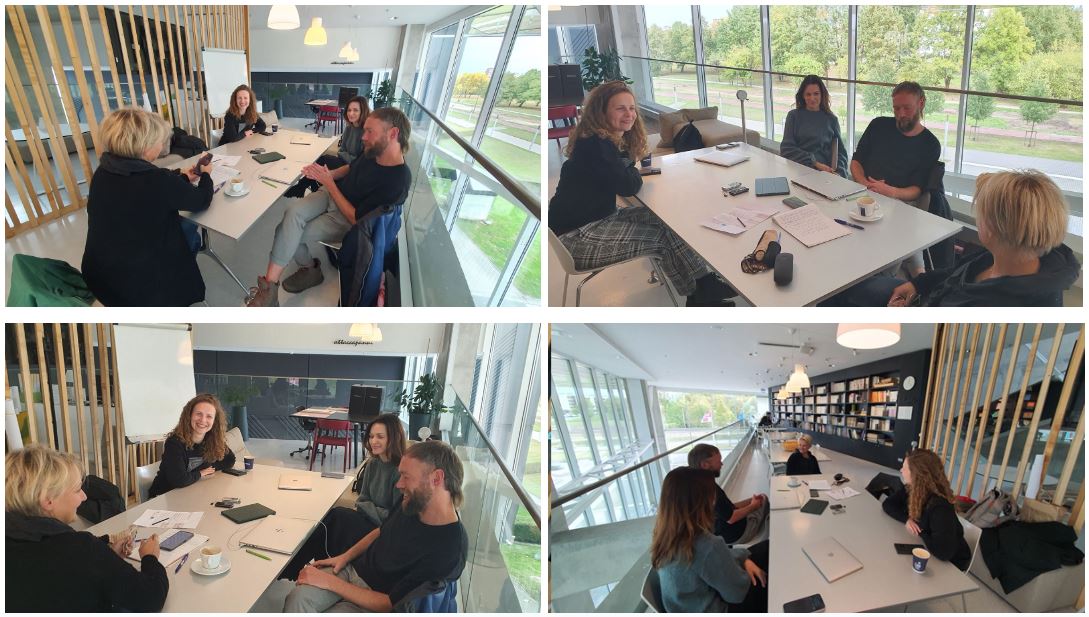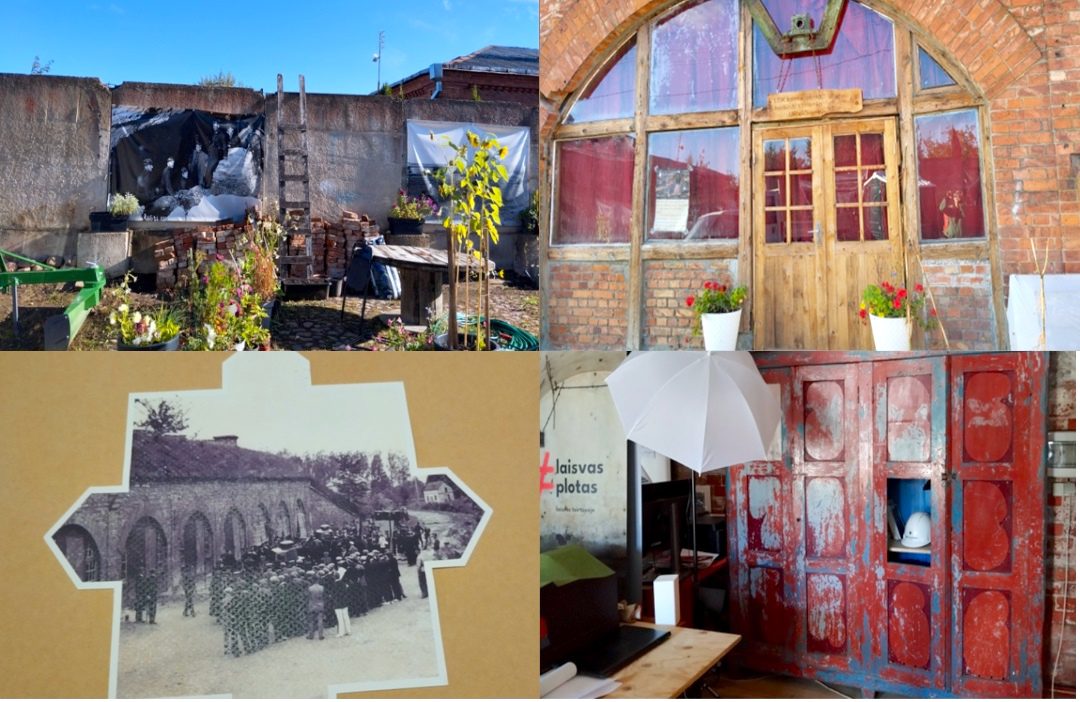In this new episode of T-Factor podcast, we bring together experts in the fields of social innovation and social inclusion to collaborate with practitioners in Kaunas. Together, we explore the valuable insights gained from the introduction of meanwhile activities, aimed at history-driven creation of local identity and building community around it.
The podcast delves into the activities of T-Factor in Kaunas and shares in-depth experiences related to collecting local histories from the Aleksotas neighborhood. This content is a valuable resource for local activists, NGOs, and municipal authorities who are interested in implementing similar initiatives in their own communities and wish to gain insights into the inner workings of such activities.
Interviewees are:
- Robert Illgen – TakTak.
- Asta Skardžiūtė – Kaunas University of Technology
- Jūratė Tutlytė – Kaunas University of Technology

KEY LEARNINGS:
- International experiences are very inspiring but require adaptive work.
- Knowledge of meanings the locals ascribe to the space is crucial. When a space is not socially negotiated and recognized, a multi-layered intervention into the space to trigger the processes of place identity co-production by the locals, is needed.
- MU based on history-driven place-making should be transitions (organic changes) not transformations.
- Collaboratively reconstructing the local histories of the place is consistently a transformative experience for all partners.
- Before collecting any stories, it is essential to consider how disadvantaged or marginalised residents can benefit from the project, including in political terms.
- A collaborative risk analysis must be conducted.
- Interdisciplinary team of people with the ‘going beyond’ attitude in their professional careers increases the chances of success.
